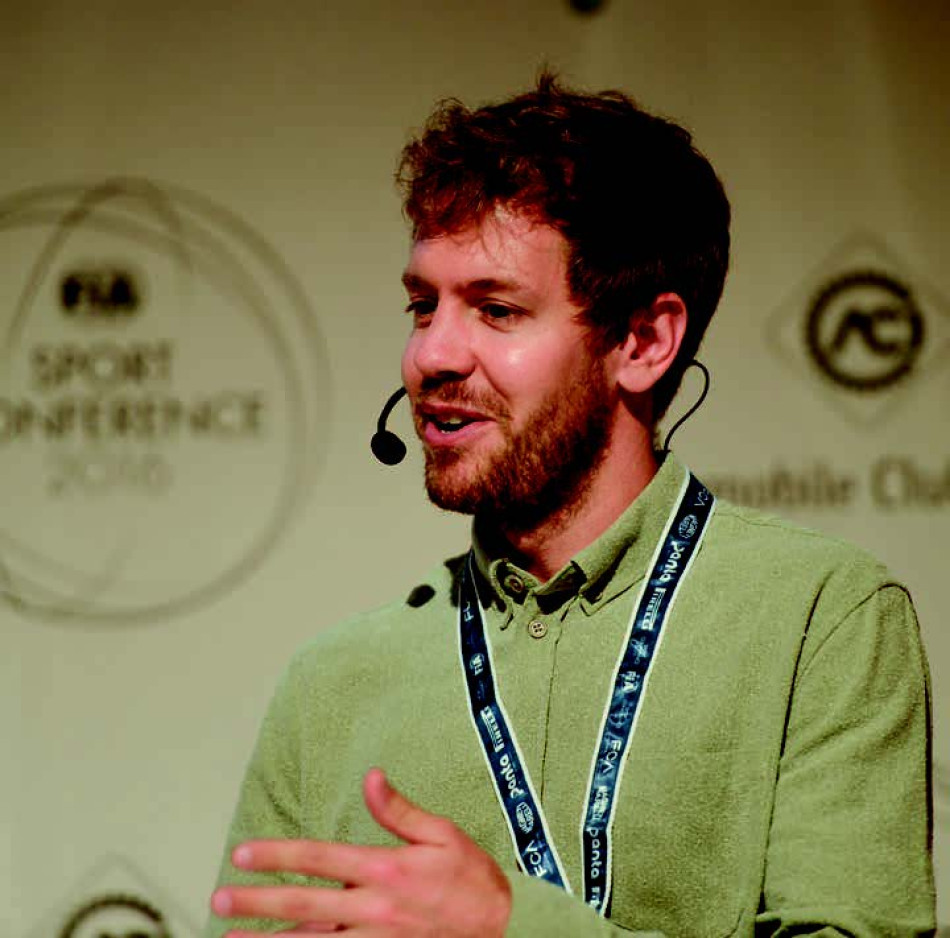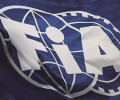Passion for speed, passion for competition - 2016 FIA Sport Conference

Q One of the themes of this conference is the passion for motor sport. Where did your enthusiasm for racing begin?
A It began even before I started racing. The fact that my father used to do some amateur hill climb racing brought me close to motor sport at an early age. The whole family was travelling to races, so I guess as soon as I was stable enough with walking, at three or three-and-a-half, all of a sudden I had a gokart waiting under the Christmas tree for me.
My father was a massive Formula One fan a Senna fan and then a Michael Schumacher fan. The first race I competed I was seven years old and from then on, step-by-step the karts got a little bit bigger every year.
Q What’s motor sport’s essential appeal?
A It’s that passion – the passion for speed. Also, from the moment I started racing it was the passion for competition – to measure yourself against others, to try to be the best, I think that’s what it’s all about at the end of the day. Formula One has a great history, so being able to race is a great honour and racing for arguably the biggest team in the world, with the most significant history in racing, is again a massive honour. The thrill you get when you drive one of these cars is incomparable and in the end it’s what drives me.
Q Formula One is a highly technical sport. What are the good things to have come out of that technological advancement?
A The best thing that has come out is that the cars are very quick! If you look at the cars from 10 years ago – 20, 30, 50 years ago – and where they are now, technology has allowed the cars to get a lot quicker, which makes them more exciting to drive.The feeling, the sensation you get is incredible. In safety we have learned a lot through experience, good and bad, and we were able to improve the formulas.
Q What does it mean to drive for Ferrari, in Italy and globally?
A It’s a great honour. In the time I grew up, when I was racing as a child, even the toy car dropped when Formula One started and my hero is Michael [Schumacher]. He was the one I was following when I was young. We had one race in particular at the end of the year where he turned up and gave us the trophies and shook hands and that was an experience I haven’t forgotten and I probably won’t ever forget. Later on, to have the privilege to get to know him and to be friends with him was great. I don’t want to compare but looking at him and looking at that red car he was driving and winning most of the time, to be in a similar seat, to join the same team is great.
Q What are the key things that motor sport needs to take from its heritage to shape its future?
A What fascinated me as a child was the speed. I think racing should keep its core pillars and speed is one of them. The cornering speeds we can do are incredible and that has remained one of the main pillars throughout. To some extent the danger as well, because that’s what also makes it exciting. Just coming from Baku, the circuit got a lot of criticism for being too dangerous, but I disagree. I think the FIA and the organisers did a hell of a job fitting that racetrack in a place not made for racing, but it’s fantastic. It’s a spectacular venue, there is very little room for error and that’s what makes it so exciting. That’s what made it exciting in the past and that’s what makes it exciting today. Equally, as I mentioned, the fact that the cars have become a lot safer is obviously a lot nice for us [drivers]. We can’t shut our eyes if bad things happen. I think we need to react. I think we have in the last years and I think we still do now. That’s the right approach.

 Facebook
Facebook Twitter
Twitter






